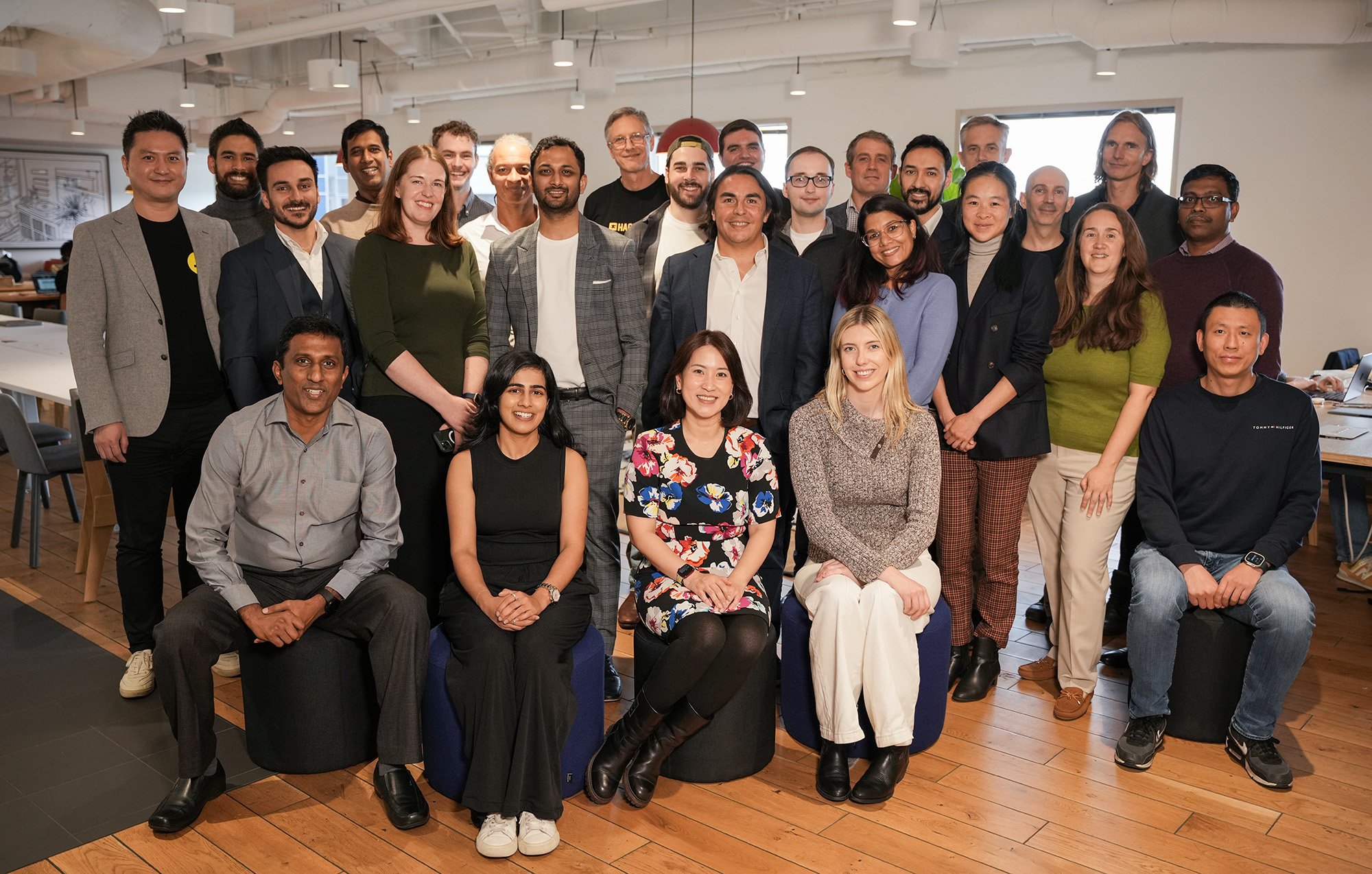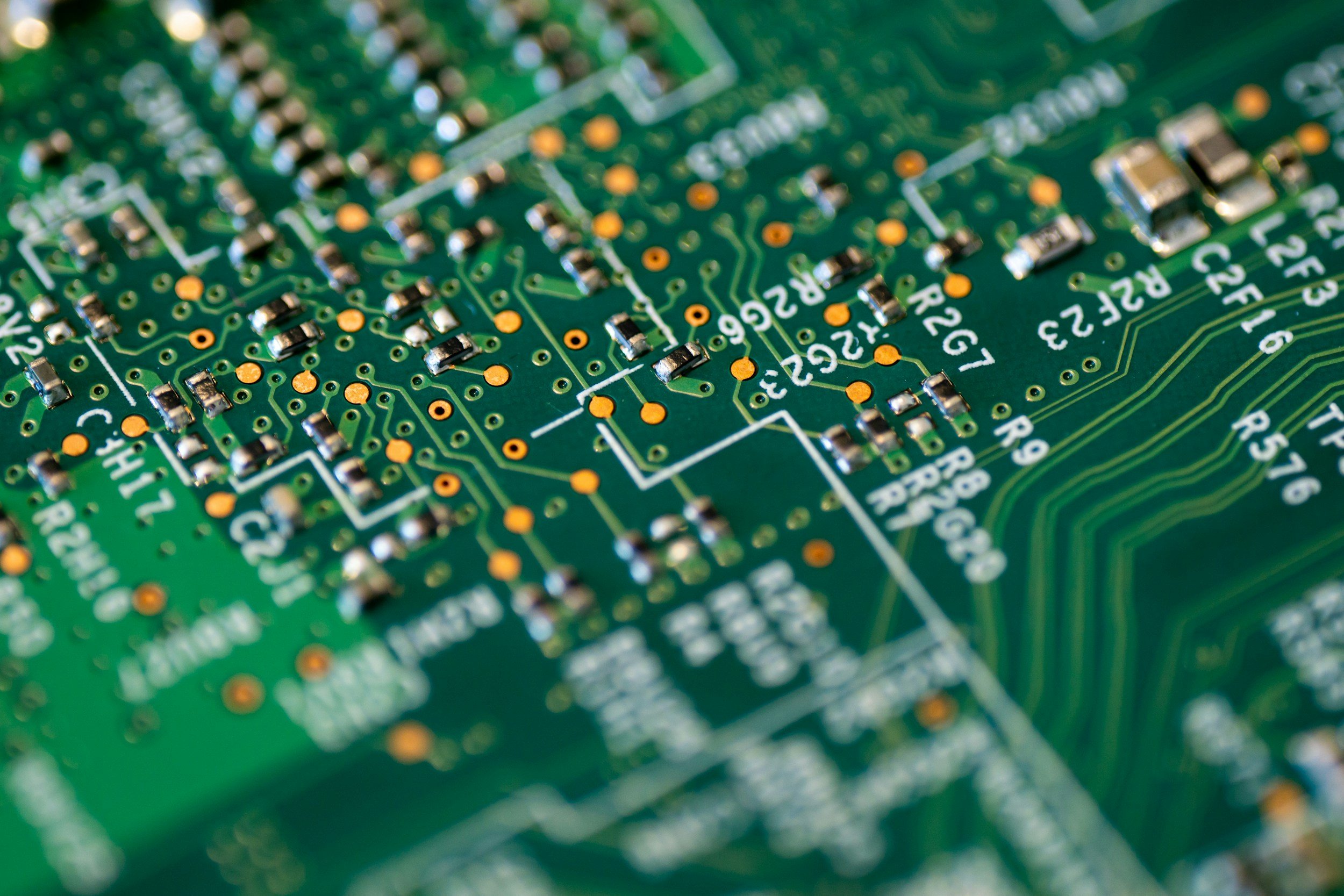Global AI Investment Surge: Is It Worthwhile or Another Tech Bubble?
Image Credit: Kind and Curious | Splash
The surge in artificial intelligence investment has become a defining feature of the global economic landscape. From tech giants to startups, the race to develop and integrate AI technologies is reshaping industries and prompting significant financial commitments.
Current Landscape of AI Investment
In recent years, AI has transitioned from a niche field to a central focus for investors worldwide. According to the report, McKinsey Technology Trends Outlook 2024 released in July 2024, global investments in AI have seen exponential growth, with venture capital funding for AI startups reaching unprecedented levels. Notably, in 2024, major tech companies like Microsoft, Meta, Alphabet, and Amazon collectively increased their spending on AI infrastructure, with capital expenditures totaling at least US$236 billion—a 52% increase from the previous year.
This surge is not limited to the United States. Chinese AI startup DeepSeek has recently made headlines by unveiling advanced AI capabilities that rival Western counterparts. DeepSeek's new AI model reportedly matches the performance of leading models while utilizing significantly less computing power, challenging established players and prompting a reevaluation of AI hardware investments.
[Read More: Meta's Reality Labs Reports USD 4.4 Billion Loss in Q3 Amid AI Investments]
Is the Investment Worthwhile? A Global Perspective
The question of whether the massive influx of capital into AI is justified remains complex. Proponents argue that AI has the potential to drive significant economic growth, enhance productivity, and solve complex global challenges. A report by JPMorgan released in November 2024 suggests that investors should look beyond megacap tech stocks to uncover new avenues for growth in the AI sector, indicating optimism about AI's long-term value.
However, concerns about a potential AI bubble are mounting. Experts warn that the current enthusiasm may mirror past investment frenzies, where high expectations led to overvaluation and subsequent market corrections.
For instance, Economist Ed Yardeni cautioned about a bubble in AI stocks in February 2024, noting that industry leaders might be overhyping the technology, which could lead to overvaluation and potential market corrections.
In a Reuters article published in July 2024, financial historian Edward Chancellor compared the contemporary AI investment surge to the Victorian railway mania of the 1840s. He highlighted that during the railway mania, excessive speculation led to overvaluation and a subsequent market collapse, suggesting that the current AI enthusiasm could follow a similar trajectory if not approached cautiously.
Ray Dalio, founder of Bridgewater Associates, warned in January 2025, that the enthusiasm for AI in U.S. stocks is creating a "bubble" reminiscent of the dot-com era. He emphasized that high stock prices, combined with interest rate risks, could lead to a market correction.
[Read More: AMD Lays Off 1,000 Employees to Accelerate AI Chip Development]
Historical Parallels: Lessons from the Past
The current AI boom shares similarities with previous technological revolutions, notably the dot-com bubble of the late 1990s. During that period, speculative investments in internet-based companies led to inflated valuations, followed by a significant market correction. While many companies failed, the era also gave rise to tech giants that dominate today's market. This pattern suggests that while some AI investments may not yield returns, others could lead to groundbreaking innovations.
Another historical parallel can be drawn with the telecommunications boom and bust of the early 2000s. Massive investments in fiber-optic networks led to overcapacity and financial losses. However, the infrastructure laid during that time became the backbone of today's high-speed internet, underscoring that initial overinvestment can have long-term benefits.
[Read More: Amazon Deepens Generative AI Strategy with $4 Billion Investment in Anthropic]
Latest Trends and Developments
Generative AI, encompassing tools that create content such as text, images, and music, is rapidly gaining traction across various industries. Investments in this sector have surged, leading to innovative applications that are transforming traditional workflows.
Creative Arts: Generative AI is revolutionizing the creative sector by assisting in the creation of art, music, and literature. Artists and musicians are leveraging AI to explore new creative avenues, resulting in unique pieces that blend human creativity with machine precision.
Finance: In the financial industry, generative AI is utilized for data analysis, fraud detection, and automating manual processes. By analyzing vast datasets, AI models can identify patterns indicative of fraudulent activities, enhancing security measures. Additionally, AI aids in generating financial reports and providing personalized investment advice, thereby improving operational efficiency and client services.
Customer Service: Generative AI-powered chatbots and virtual assistants are enhancing customer interactions by providing personalized responses and efficient problem-solving capabilities. These tools improve customer satisfaction and reduce the workload on human support teams.
Healthcare: In healthcare, generative AI assists in creating personalized treatment plans and simulating complex biological processes, contributing to advancements in patient care and medical research.
Major Investments in AI Infrastructure
The rapid advancement of artificial intelligence has led to substantial investments in the supporting infrastructure, particularly data centers and specialized hardware. These investments are crucial for handling the intensive computational demands of AI applications.
Microsoft's US$80 Billion Initiative: Microsoft has announced an ambitious plan to invest US$80 billion in AI-focused data centers across the United States by 2028. This initiative, announced in January 2025, underscores the company's commitment to expanding its AI capabilities and accommodating the growing demand for AI-driven cloud services.
Meta's Record US$65 Billion Investment: Meta (formerly Facebook) has unveiled plans, announced in January 2025, to invest US$65 billion in AI infrastructure, including the development of a 2-gigawatt data center. This facility is expected to house approximately 1.3 million Nvidia GPUs, significantly enhancing Meta's AI processing power.
OpenAI's Stargate Project: OpenAI, in collaboration with partners like SoftBank, Oracle, and Abu Dhabi’s MGX Fund, has secured a US$500 billion commitment for the Stargate project. This initiative, announced in January 2025, aims to build the largest private computing infrastructure in history, consisting of expansive data center complexes to support advanced AI development.
[Read More: Australia Poised to Become a Major Player in the Global AI Economy]
Expert Opinions: Diverse Perspectives
Experts offer varied viewpoints on the AI investment boom:
Optimistic View: Dan Ives, Analyst of Wedbush Securities, has consistently expressed optimism about AI investments. He views the current tech market as a "1995 moment", suggesting that we are at the beginning of a significant technological revolution. Ives predicts that over the next 5–6 years, there could be a trillion dollars of incremental spending based on the growth of the AI opportunity across the tech ecosystem.
Cautious View: Economists like Daron Acemoglu express concerns that the current enthusiasm may be overly optimistic, likening it to past technology investment frenzies. He estimates that over the next decade, AI will produce a modest increase in GDP between 1.1 to 1.6 percent, with a roughly 0.05 percent annual gain in productivity. Acemoglu warns that the hype surrounding AI could lead to a bubble, drawing parallels to past technology investment frenzies.
[Read More: How AI Will Reshape the Global Economy: Insights from IMF Forum]
Source: McKinsey, The Wall Street Journal, JP Morgan, Financial Times, Investors, Reuters, Business Insider, Prospect, OpenAI, WisdomTree, Economics














